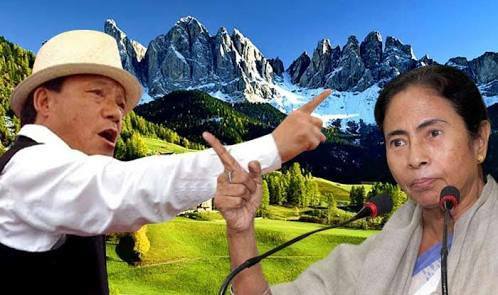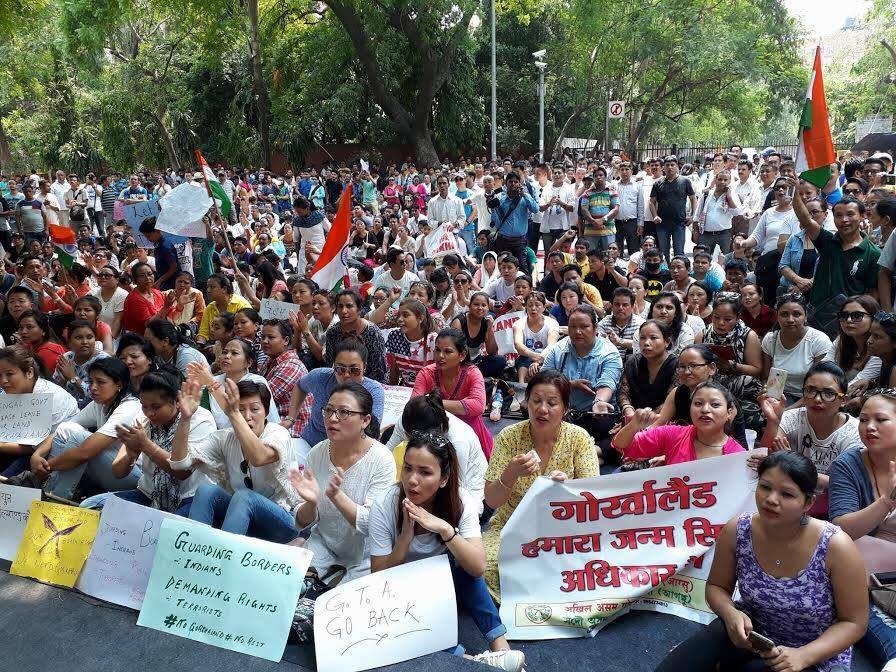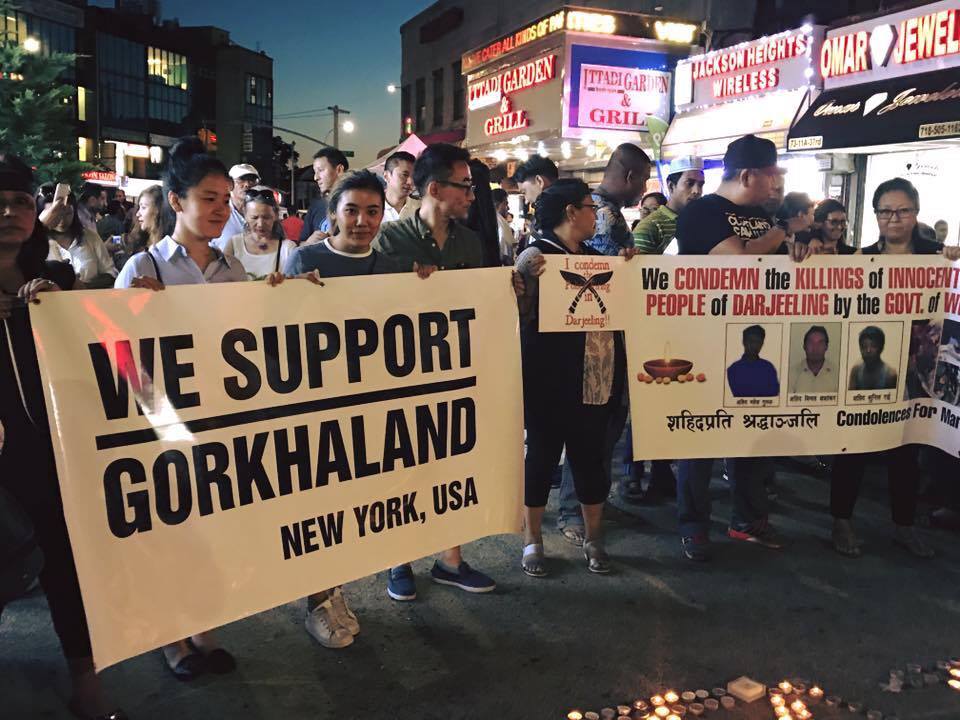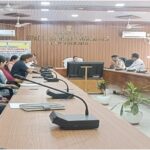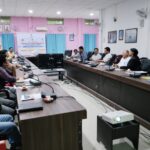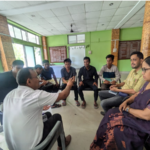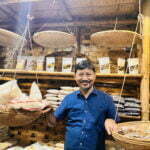Tilak Dhungana
The Gorkha community from Assam extends their support to the ongoing agitation for a separate state GORKHALAND. It’s a long pending demand which has passed 110 years. The demands for separate states which were not older than the proposed GORKHALAND have been fullfilled. Gorkhaland is the demand of ethnic Gorkhas basically living in the area of Darjeeling and Doars, Jalpaiguri and Kalimpong Districts in North West Bengal. The area of proposed GORKHALAND state is more than the area of Goa. It is around 3,150 sq. Km . It is not only the burning aspiration of the people of the proposed area to see GORKHALAND as a state but also a long felt desire of ethnic GORKHA community living within other Indian territories and abroad. It is a demand under the Article 3 (A) and 3 (c) of Indian constitution. Now, this movement is getting mass support not only from GORKHA community but also from other ethnic communities in India. This movement is not against any community or any state or nation.
GORKHALAND is the birth right of the aborigines living in the proposed area. As far as the acute necessity of GORKHALAND is concerned, it is the grievance of the Gorkhas that in some parts of the Northeastern states of India along with West Bengal and various other parts of India, they are termed as foreigners and threatened to go to Nepal. It is only because they speak the language Nepali, they are identified or referred to as Nepalese and not Indian despite Nepali language being constitutionally recognized language in India. The forceful imposition of Bengali language in the proposed GORKHALAND area again raised the slogan of GORKHALAND state. The demand of GORKHALAND is legitimate demand. The Gorkhas never retreats in any case of national security. They have glorious history of patriotism in India. The Indian freedom fighter Durga Malla has been duly recognized by the installation of his statue outside parliament house. He was a Gorkha. Damber Singh Gurung and Ari Bahadur Gurung were among the members of the constituent assembly. Ari Bahadur Gurung was one of the signatories in Indian constitution introduction process. Captain Ram Singh Thakuri was a prominent freedom fighter and a follower of Subash Chandra Bose. He composed the music to Jana-Gana-Mana. He composed some patriotic songs like – Kadam Kadam Badaye Jaye, Subh Sukh Chain etc . In Assam freedom fighters Bhakta Bahadur Pradhan, Bishnu Lal Upadhyaya, Chabilal Upadhyaya and the first M.L.A. of Sadiya legislative Assembly and Labour Union Leader DALBIR SINGH LOHAR fought against Britishers. But it is very sorry to say that this glorious history is unsung.
Several sportspersons belonging to Indian Gorkha community has made India proud. Many Indian Gorkha Jawans sacrificed their lives for their motherland India. So, it is highly condemnable to call Gorkhas foreigners. There is not an iota of doubt in the very minds of The Gorkhas to identify themselves as an Indian or an Assamese. The Sugauli Treaty which was signed in between British East India Company and Nepal in the month of December, 1815 incorporated 7000 sq.mile land of Nepal to India. It is also come to light in an RTI report that the Sugauli Treaty is valid and legally binding even after the Indo-Nepal Friendship Treaty -1950 in case of territorial matters. Indo-Nepal Friendship Treaty- 1950, does not deal with territorial matters. The democratic movement of GORKHALAND has always been ignored and sidelined by the West Bengal government though the state has been playing major role in Indian politics since Independence. We hope Government of India and the concerned state do justice to this century old demand by creating GORKHALAND as the 30th state of Republic of India. By fulfilling this constitutional demand of Indian Gorkhas which is deeply connected with national identity will provide a long-awaited justice to their patriotism.
Pics Courtesy: Kurseong Daily News

